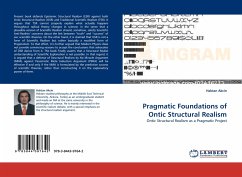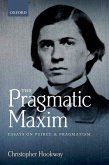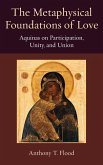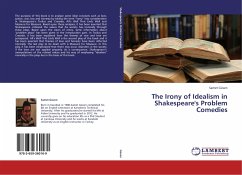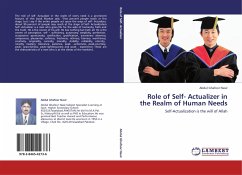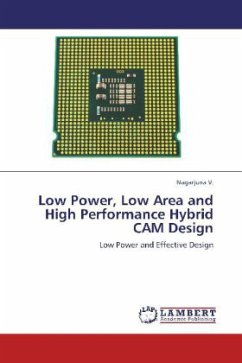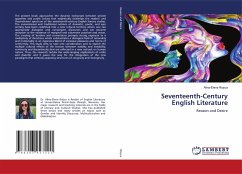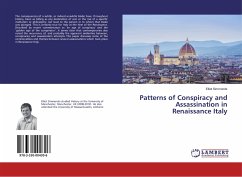Present book defends Epistemic Structural Realism (ESR) against both Ontic Structural Realism (OSR) and Traditional Scientific Realism (TSR). It argues that TSR cannot properly explain what actually happens throughout radical theory changes in science; in the sense that a plausible version of Scientific Realism should, somehow, satisfy Scientific Anti-Realists concerns about the link between truth and success of our scientific theories. On the other hand, it is claimed that OSR is not a form of Scientific Realism but rather basically a modified form of Pragmatism. To that effect, it is further argued that Modern Physics does not provide convincing reasons to accept the conclusions that advocates of OSR derive from it. The book finally asserts that a Structural Realist understanding of Scientific Explanation is not possible. In that regard, it is argued that a defense of Structural Realism by No Miracle Argument (NMA) against Pessimistic Meta Induction Argument (PMIA) will be effective if and only if the NMA is formulated by the predictive success of scientific theories, rather than constructing it on the explanatory power of them.

